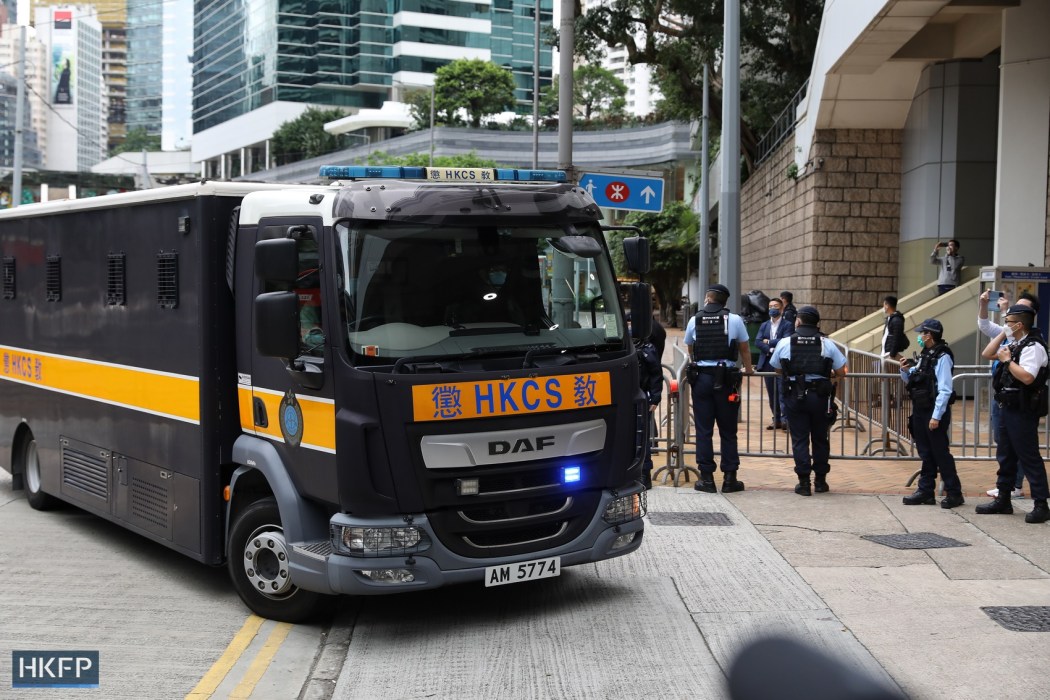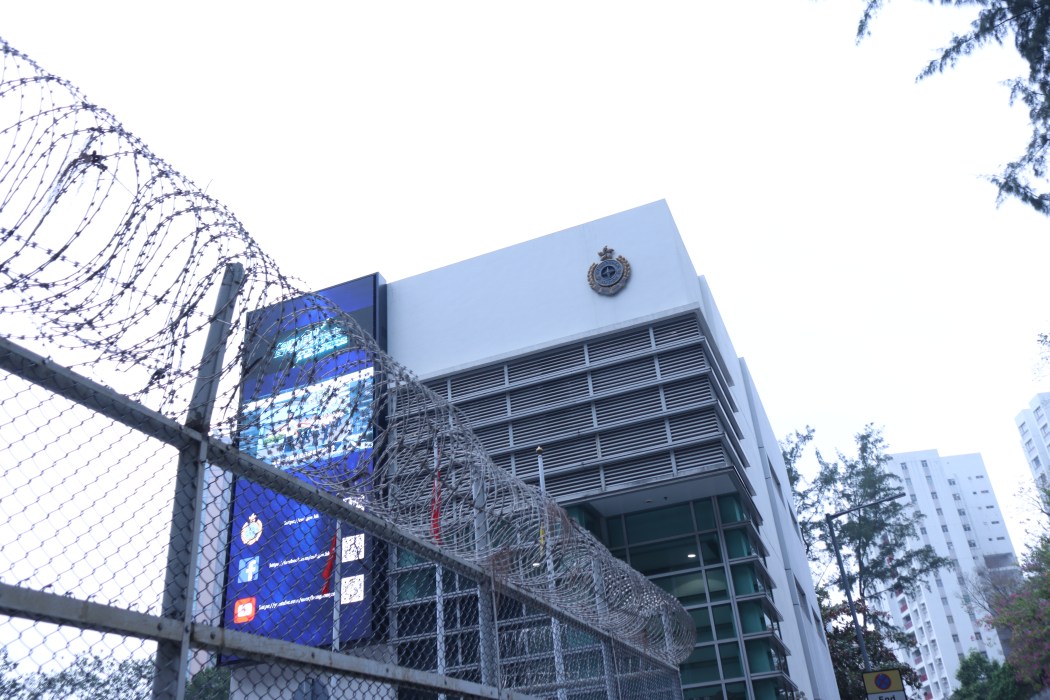Detained Hong Kong activist Owen Chow has launched a legal challenge against the Correctional Services Department (CSD), after he was barred from receiving a book containing Renaissance painting The Birth of Venus allegedly due to “nudity content.”

The CSD’s decision to ban Chow from receiving a Chinese translation of German book Bildung: Alles, was man wissen muss from a friend was “illegal, unconstitutional and unreasonable,” the activist wrote in his judicial review application filed on Monday, local media reported.
Judicial reviews are considered by the Court of First Instance and examine the decision-making processes of administrative bodies. Issues under review must be shown to affect the wider public interest.
Chow is among 47 prominent democrats charged with conspiracy to commit subversion in connection with an unofficial legislative primary election held in July 2020. He pleaded not guilty to the offence, which is punishable by up to life imprisonment.
According to local media reports on Tuesday, the 26-year-old said his friend had applied to send him the book by German scholar Dietrich Schwanitz on September 3. It was then approved by the CSD. But when he enquired with corrections staff about the book two days later, he was told he would not receive the title because it contained “nudity content.”

Chow’s friend later showed the activist during a visit that corrections staff had inserted a note on a page of the book containing the famous painting by Italian artist Sandro Botticelli. Local media reported that the note, in Chinese, read: “Nudity! Return!”
‘Prison rules’
The activist, who is currently held in the Lai Chi Kok Reception Centre, argued in his judicial review application that the CSD did not legally exercise its power under the Prison Rules – the city’s laws relating to custodial management – to withhold or dispose publications sent to inmates. The book was about history and philosophy, and would prompt personal growth, Chow said, adding it was “impossible” that it contained any banned content.
The court should hand down an order to overturn the CSD’s decision, Chow urged.
The Prison Rules stipulates that inmates may receive books, periodicals, newspapers or other publications from outside the prison subject to the approval by the corrections chief. Corrections officers may dispose any publication containing information on the manufacture of arms, ammunition, weapon, explosive, harmful or deleterious substance, intoxicating liquor, or any dangerous drugs.

Publications which depict, describe or encourage violence in prison or prison escape may also be withheld, while those that facilitate gambling or encourage individuals to commit criminal offence in the prison may also be disposed. Publications that are deemed to pose a threat to security, good order and discipline in prison may be intercepted as well.
Before filing the judicial review application, Chow had made verbal complaints to corrections staff twice and filed a written complaint to the government watchdog Ombudsman. He also penned letters to lawmakers Tik Chi-yuen and Peter Koon.
In October, Chow and one of his lawyers Phyllis Woo were charged over removing unauthorised articles from a prison following their arrests by national security police. It was revealed in court that an “unauthorised article” that detained activist Owen Chow was accused of transporting out of a prison with the help of his lawyers was a complaint form meant for the government watchdog.

Chow is among 47 prominent democrats charged with conspiracy to commit subversion in connection with an unofficial legislative primary election held in July 2020. He pleaded not guilty to the offence that is punishable by up to life imprisonment.
Chow was arrested by national security police in January 2021 over his involvement in an unofficial legislative primary election, and charged in February. He spent four months in custody pending his subversion trial before being granted bail in June 2021.
His bail was revoked in January last year after he was said to have breached his bail terms. He has been detained since then.
The trial came to a close on Monday, but a panel of three handpicked national security judges said there was “no guarantees” of when the verdict may be handed down.
Support HKFP | Policies & Ethics | Error/typo? | Contact Us | Newsletter | Transparency & Annual Report | Apps
Help safeguard press freedom & keep HKFP free for all readers by supporting our team

LATEST FROM HKFP
HKFP has an impartial stance, transparent funding, and balanced coverage guided by an Ethics Code and Corrections Policy.
Support press freedom & help us surpass 1,000 monthly Patrons: 100% independent, governed by an ethics code & not-for-profit.










